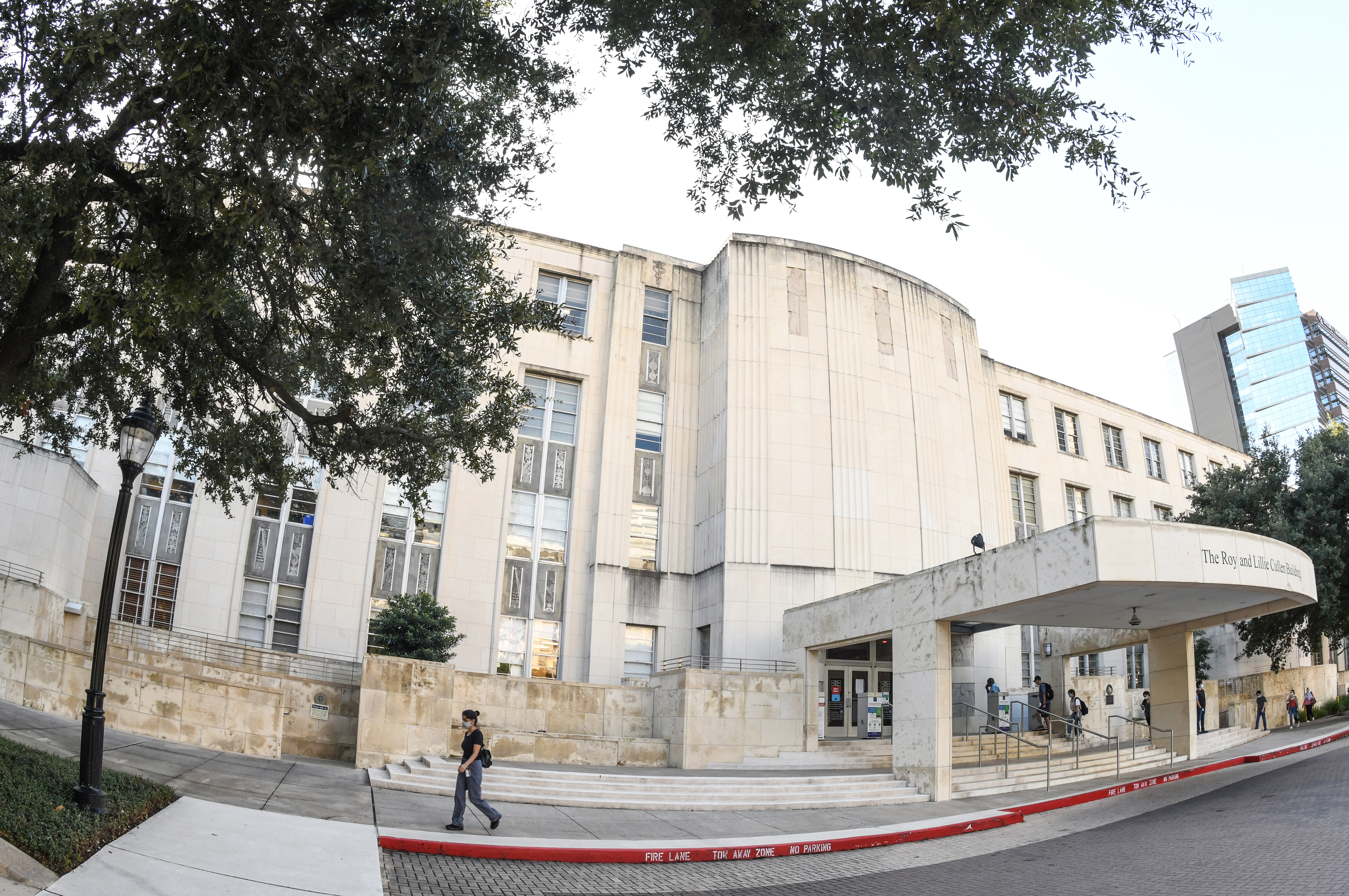The ACT Council of Social Service (ACTCOSS) today expressed concern over an ACT Inspector of Correctional Services’ report on the ACT Court Transport Unit (CTU) that highlighted a lack of training for CTU officers, unfit vehicles and risks to children and young people.
The ACT Corrective Services Court Transport Unit 2020 report, released last Friday, makes 22 recommendations including calls to make sure CTU officers undergo mandatory training; to appropriately train officers on the use of force and restraints against children and young people; and to ensure CTU officers know what to do in an emergency.
ACTCOSS CEO Dr Emma Campbell said: “This report sheds light on unfit vehicles, insufficient training, inadequate records on use of force, and gaps in services for people with disability and for whom English is a second language.
“These failings present significant risks to staff and detainees, including children and young people.”
According to the report, children and young people were especially at risk because of a lack of training of CTU officers on the use of force and restraint.
“CTU officers expressed concern about inadequate training on use of force or restraint involving a child or young person. They also said that they had not received training in de-escalation techniques for young detainees.
“It is highly concerning to read that officers themselves are uncomfortable with the low level of training,” Dr Campbell said.
The ACT Community Services Directorate (CSD), responsible for the wellbeing of young people and children in the justice system, was heavily criticised in the report for suggesting that separate training on use of force against children was not required. The report stated that it was “unacceptable that CSD, who under its own policies is responsible for providing this training, has failed to provide basic practical training to all CTU officers in key areas.”
Dr Campbell continued: “As highlighted in this report, children and young people have special status and protection under the ACT’s Human Rights Act. The use of force and restraint against children is governed by different legislative requirements.
“Our community expects children to be safeguarded and supported, particularly vulnerable children in the justice system who often have a history of trauma, mental or physical health issues or are a person with disability,” Dr Campbell said.
The review also found that current lapses in procedures result in children and young people being unnecessarily searched twice – once by Bimberi Youth Justice Centre staff and once by CTU officers.
It also reported that officers were driving large CTU vehicles with little or no training and that many of the vehicles in service were unfit for purpose.
Dr Campbell said: “We have been assured by the Commissioner for ACT Corrective Services, Jon Peach, that many of the issues raised in the report are already being addressed including training for CTU officers on appropriate use of force and restraints against children and young people and on procedures in the case of an emergency.
“The risks highlighted are cause for significant concern. We call on the ACT Government, Minister for Corrections and Minister for Community Services to accept all the report’s recommendations.
“We need resources and action to ensure the safety and wellbeing of CTU officers, adult detainees and vulnerable children and young people involved in the justice system.”
Read the ACT Corrective Services Court Transport Unit 2020 report here.
ACTCOSS advocates for social justice in the ACT and represents not-for-profit community organisations.







